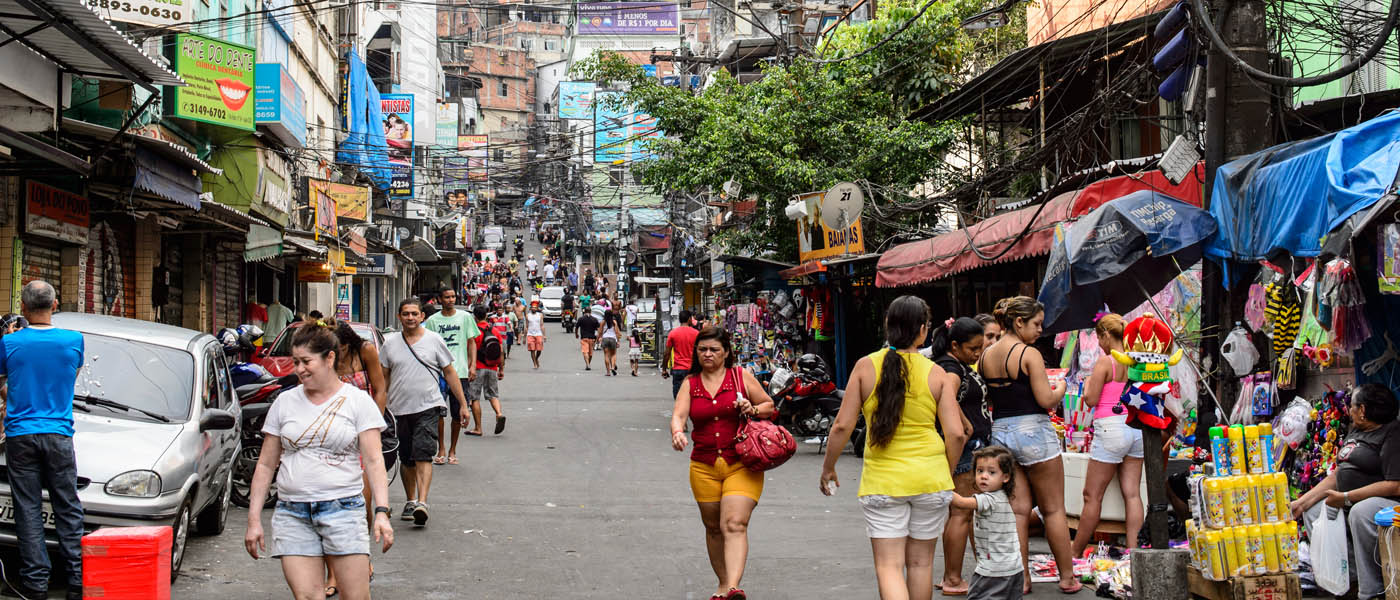£7 million funding for global health research

Researchers at Glasgow have been awarded a multi-million-pound grant to establish a new health research unit to help tackle health inequalities in Latin America.
Professor Alastair Leyland, based at the MRC/CSO Social and Public Health Sciences Unit at the University, has been awarded £7 million for five years by the National Institute for Health & Care Research (NIHR) to establish a Global Health Research Unit on Social & Environmental Determinants of Health Inequalities.
The new research unit has global collaborators in Brazil and Ecuador, two Latin American countries that show marked inequalities in health. These inequalities are largely due to social determinants of health: the conditions in which people are born, grow, work, live, age and die. Many environmental factors, including urbanisation and the climate emergency, can also have the most harmful impacts on the most deprived in society.
Governments in Brazil and Ecuador have introduced policies, such as conditional cash transfers or housing programmes for the very poor, to reduce the impact of social conditions such as poverty. Similarly, governments may introduce environmental policies to protect the environment and mitigate any harmful effects on living conditions. While such policies may not be primarily aimed at improving health, they may still have large impacts on health and health inequalities.
The NIHR Global Health Research Unit on Social & Environmental Determinants of Health Inequalities will focus on discovering which policies impact health, whether they had a bigger impact on disadvantaged groups, and how the organisation and provision of the health system could optimise any positive health impacts. Specific aims of the unit include:
- Building, developing and linking national databases covering health, social and environmental registers in Brazil and Ecuador.
- Studying the impacts of social and environmental policies, and the effects of large-scale population movement on health and health inequalities.
- Creating indicators of deprivation for small areas covering the whole of Brazil and Ecuador.
- Determining how best to organise health services to improve health for all social groups and to respond to social and environmental threats in a way that minimises the damage they do to health.
- Focusing on health outcomes that are considered priorities in Brazil and Ecuador including mental health and asthma, maternal and child health, reproductive and sexual health, COVID-19 and more.
- Training researchers from Brazil, Ecuador and other low and middle-income countries in global health research methods by developing a research hub in Ecuador, and providing training programmes and mechanisms to share researchers’ experiences.

